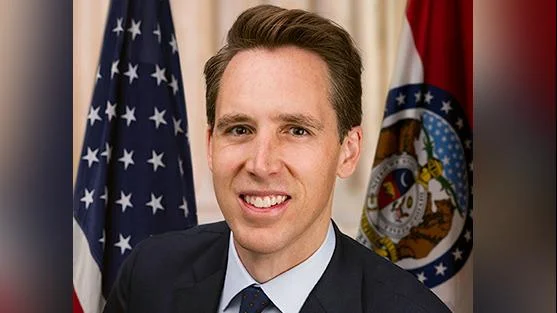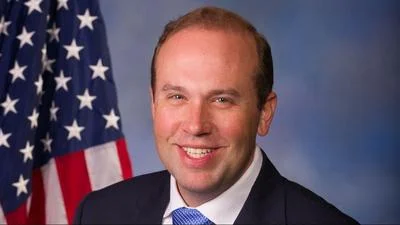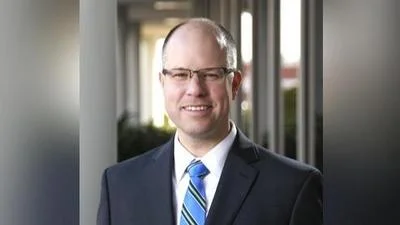U.S. Senator Josh Hawley | Official U.S. Senate headshot
U.S. Senator Josh Hawley | Official U.S. Senate headshot
Senator Hawley Press Office has used its Twitter account to advocate for legislation that would ban members of Congress from trading stocks. The tweets, posted on July 30, 2025, highlight concerns over congressional stock trading practices and cite broad public support for such a ban.
In a post from July 30, 2025, the press office stated: "Back during COVID, you saw members on Congress, both parties, engage in a flurry of stock trading right after they were getting COVID briefings. Were members of the public getting those briefings? They were not." This message referenced previous instances where lawmakers traded stocks following confidential pandemic briefings unavailable to the general public.
Later that day, another tweet reported ongoing developments in the Senate Homeland Security and Governmental Affairs Committee (HSGAC). According to the tweet: " Happening NOW in the Senate HSGAC Committee —> Hawley defends his bill to BAN members of Congress from trading stocks
'I don't want to kill [this bill]; I want to move it. [. . .] I want to get this enacted. I want the American people to be able to trust this body.'"
A third post emphasized public opinion on the issue. On July 30, 2025, Senator Hawley Press Office wrote: "A MAJORITY of Americans support banning members of Congress from trading stocks.
Senator Hawley: 'I don't mind anybody being rich. What I mind is people getting rich while they're here trading stock—which I think we can all agree on—and this bill would put a stop to it.'"
Recent polling data shows significant bipartisan support among Americans for prohibiting lawmakers from buying and selling individual stocks while in office. The debate intensified after reports surfaced that some legislators traded shares shortly after receiving sensitive information about major events such as the COVID-19 pandemic.
The proposed legislation seeks to address potential conflicts of interest and restore public confidence in Congress by restricting financial activities that could benefit lawmakers based on nonpublic information.



 Alerts Sign-up
Alerts Sign-up